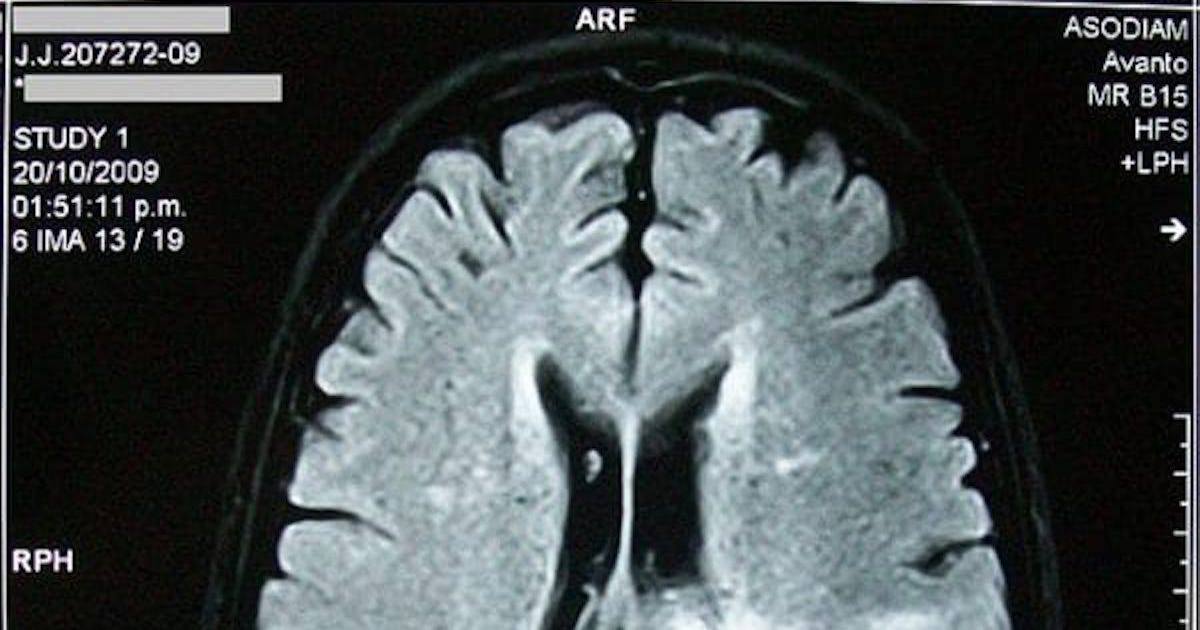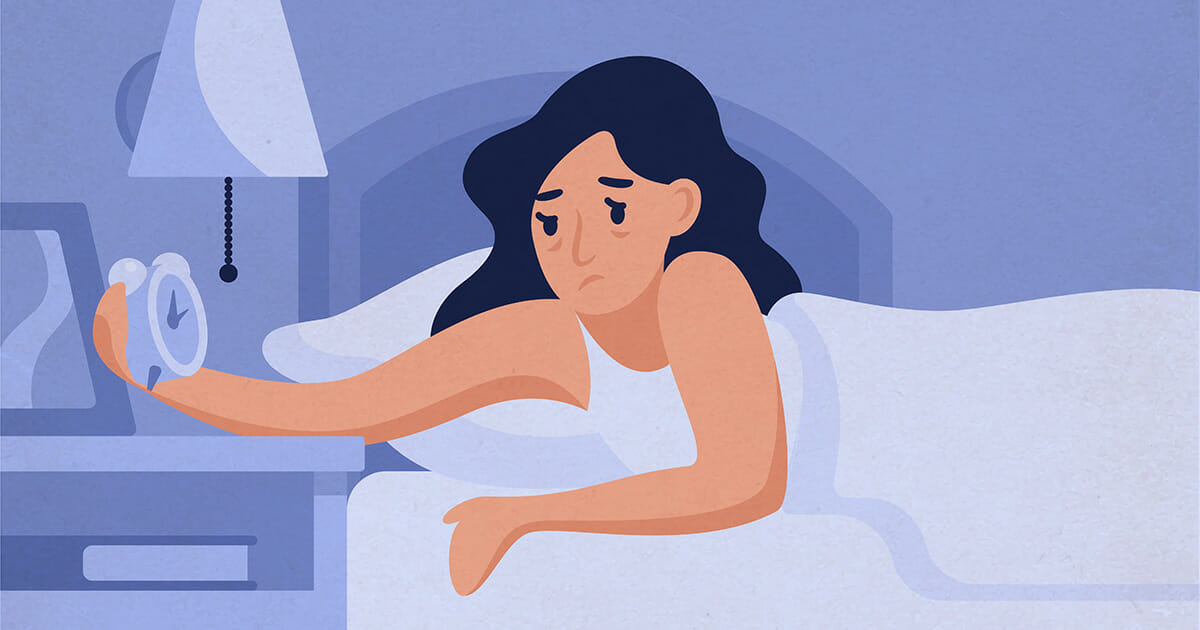New research claims: laziness is a sign of high intelligence
|
If you're feeling bad about your laziness, don't worry! A new research suggests you feel pride, because it shows that individuals with high intelligence tend to be more lazy than others.
The research was conducted by researches from the Florida Gulf Coast University and the conclusion supports the idea that those who have a high intelligence level are bored less easily. This lack of boredom leads them to invest more time in thought.
The concluded research also show evidence that individuals who engage more in physical activity do so due to their brain's need for stimulating with physical activities and exercise. It may also be because active people want to run away from their thoughts, or that they get bored easily.
The study was published in the Journal of Health Psychology, where the researchers wanted to test how effective is a group of students with inversed psychological states.
The researchers gave the students "Cognitive need" questionaires. In the classical exam they use psychology as a personality variable that reflects which type of personality will have a tendecy towards intensive cognitive efforts in an area. The results of the questionaires helped the researches, led by Todd McElroy, to find the "Thinkers" and the "Non-Thinkers" from the potential candidates.
Three people from each "tendency" type were chosen and examined. Each one got an equipment to wear on his hand that monitored his physical activities.
The equipment provided the researchers unstoppable flow of information about the physical activities of all participants in a timespan of 1 week.
The results showed that the group of "Thinkers" had much less activity than the group of the "Non-Thinkers". The researchers attributed the results to the fact that the "Non-Thinkers" get bored easily so they are in more need in physical activity. Although the amount of data is relatively small, The Independent reports that the results are 'highly significant" and they are "reliable" in statistical terms.
More interestingly, the results showed there have been no difference in the amount of physical activity during the weekend between the different groups. But the researchers have yet to find an explanation for it. Although it may sound like great news to the lazy people amongst us, Todd McElroy warns that this should not be an excuse for doing nothing.
The British Psychological Society quoted the research, saying: "Eventually, an important aspect that can help individuals who think about fighting their low physical activity is their awareness. Being aware to the fact that they aren't physical enough, among with the awareness of the implications of lack of activity - people who think more will eventually choose to exercise and be more active during the day".












